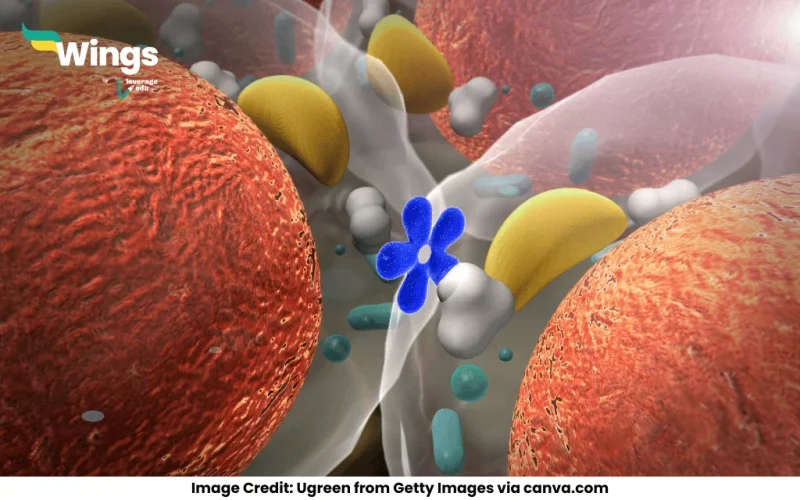Animal hormones are chemical messengers secreted by endocrine glands that regulate various physiological processes and maintain homeostasis in the body. These hormones play a crucial role in growth, metabolism, reproduction, and stress response. Understanding the nature of hormones helps in comprehending how the body functions efficiently.
Characteristics of Hormones
Hormones possess several distinctive features that make them essential for the body’s regulatory mechanisms. Here are four key characteristics:
- Chemical Nature: Hormones can be proteins, peptides, steroids, or amino acid derivatives. Their chemical composition determines how they interact with target cells and their mode of action.
- Target Specificity: Hormones act on specific target organs or tissues that have receptors designed to bind to them. This specificity ensures that the hormonal message is delivered only to the intended cells.
- Long-Distance Signaling: Unlike neurotransmitters that act locally, hormones are released into the bloodstream and travel to distant organs to exert their effects. This allows the coordination of complex physiological processes across the body.
- Regulated Secretion: Hormones are secreted in response to specific stimuli and their release is regulated by feedback mechanisms. This ensures that hormone levels remain balanced and the body functions smoothly.
Types of Animal Hormones
Hormones in animals can be broadly classified into different categories based on their function and chemical composition:
- Peptide Hormones: Composed of amino acids, these hormones are water-soluble and cannot pass through cell membranes. Examples include insulin and glucagon, which regulate blood sugar levels.
- Steroid Hormones: Derived from cholesterol, these hormones are lipid-soluble and can easily pass through cell membranes. Examples include cortisol, estrogen, and testosterone, which influence metabolism, reproduction, and stress responses.
- Amino Acid-Derived Hormones: These are small molecules derived from amino acids like tyrosine. Examples include adrenaline and thyroid hormones, which regulate the fight-or-flight response and metabolism.
Functions of Animal Hormones
Hormones regulate numerous body functions, including:
- Growth and Development: Hormones like growth hormone (GH) and thyroid hormones influence overall body growth and organ development.
- Metabolism: Insulin and glucagon regulate glucose levels, while thyroid hormones control energy metabolism.
- Reproduction: Estrogen, progesterone, and testosterone play a vital role in reproductive health and sexual development.
- Stress Response: Cortisol and adrenaline help the body respond to stress by increasing energy availability and alertness.
Animal hormones are indispensable for maintaining bodily functions and ensuring survival. Their precise regulation allows organisms to adapt to environmental changes, grow, reproduce, and respond to various internal and external stimuli. Understanding hormones is essential not just for medical science but also for advancing treatments in endocrinology and physiology.
Common Doubts


 One app for all your study abroad needs
One app for all your study abroad needs











 60,000+ students trusted us with their dreams. Take the first step today!
60,000+ students trusted us with their dreams. Take the first step today!